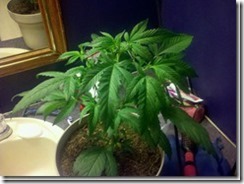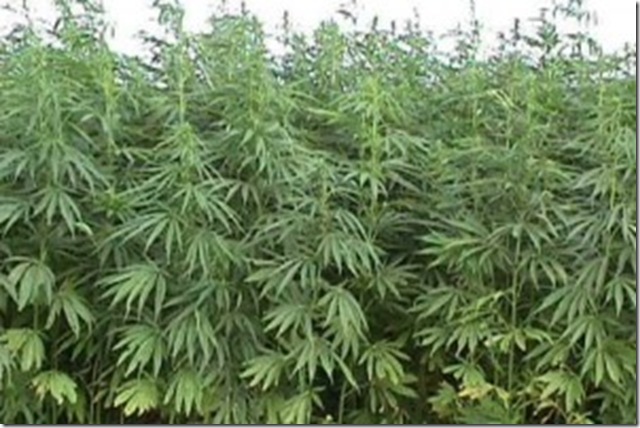Ralph B. Davis [email protected]
FRANKFORT — Kentucky’s agriculture commissioner says a recent decision by the U.S. Department of Justice now clears the way for Kentucky farmers to once again grow industrial hemp.
Last week, the Justice Department announced it would not seek to challenge state laws regarding the medical or recreational use of marijuana. On Friday, Agriculture Commissioner James Comer said he interprets that announcement as an opening for Kentucky to begin implementing Senate Bill 50, which sets guidelines for the production of industrial hemp, that passed earlier this year.
“It’s about time!” Comer said in a statement released Friday. “This is a major victory for Kentucky’s farmers and for all Kentuckians.”
Comer said the DOJ announcement marks a major change in policy.
“Two years ago, the Obama administration would not even discuss the legalization of industrial hemp,” Comer said. “But through a bipartisan coalition of Kentucky leaders, we forced their hand. We refused to listen to the naysayers, passed a hemp bill by a landslide, and our state is now on the forefront of an exciting new industry. That’s called leadership.”
Comer also announced that Brian Furnish, chairman of the Kentucky Industrial Hemp Commission, has called a meeting of the group for Sept. 12, at which Comer and Furnish will urge the commission to move forward with the administrative framework established by the hemp bill.
“My hope is that we can issue licenses and get industrial hemp in the ground within a year,” Furnish said.
Comer said he believes the passage of the hemp bill will allow Kentucky to be proactive, rather than reactive, in creating jobs.
“Had we not passed the framework to responsibly administer a program, we would be lagging behind right now, rather than leading the pack,” Comer said. “I am so grateful to our federal delegation for its support, especially Sen. Rand Paul and Congressmen John Yarmuth and Thomas Massie, who courageously testified in support of this job-creating legislation.”
On Wednesday, Sen. Paul issued a statement, supporting Comer’s move.
“I support Kentucky Agriculture Commissioner James Comer in his efforts to move forward with the production of industrial hemp in the Commonwealth,” Paul said. “This fight has always been about jobs and providing another opportunity for Kentucky’s farmers, and I expect the Obama Administration to treat all states equally in this process. I will continue to fight at the federal level to enact legislation to secure this new industry for Kentucky.”


